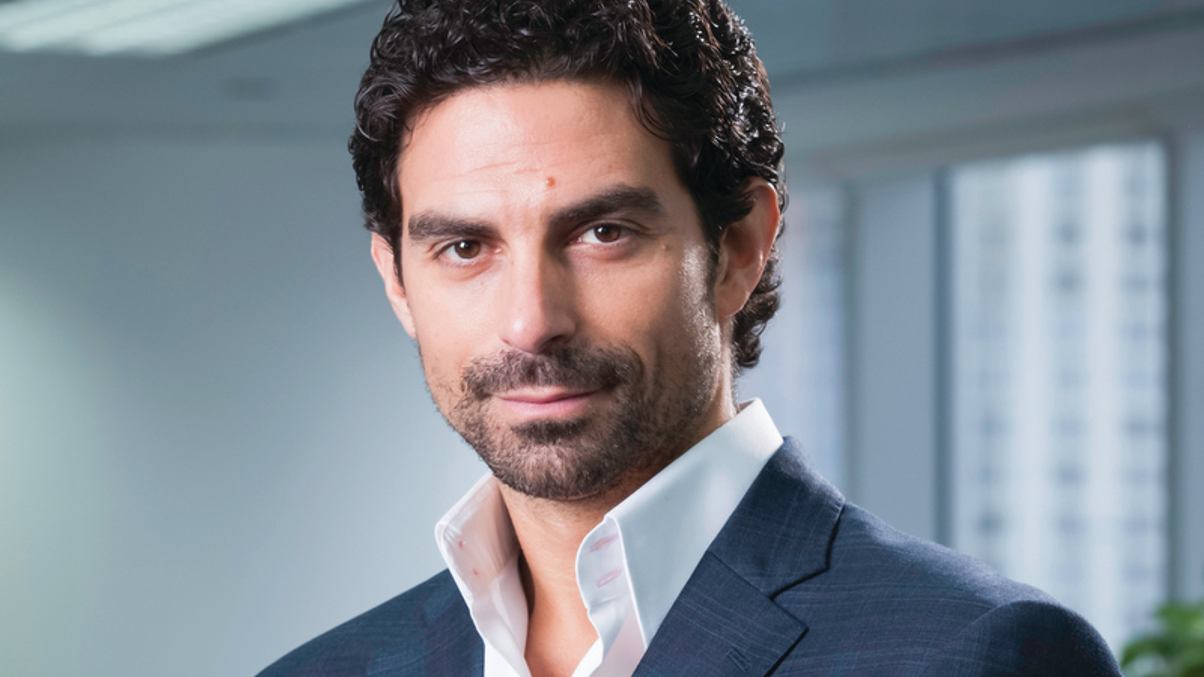NewQuest tips ramp-up in PE exits, adds staff
The Hong Kong private equity secondaries firm, which recently closed its second fund, expects a significant rise in the number of exits from PE investments from 2015. It has also hired recently.

Recent years have proved tough for private equity firms looking to exit investments, but that’s likely to change as early as next year, says Darren Massara, managing partner of NewQuest Capital Partners, a Hong Kong-based private equity secondaries firm*.
Sign in to read on!
Registered users get 2 free articles in 30 days.
Subscribers have full unlimited access to AsianInvestor
Not signed up? New users get 2 free articles per month, plus a 7-day unlimited free trial.
¬ Haymarket Media Limited. All rights reserved.


